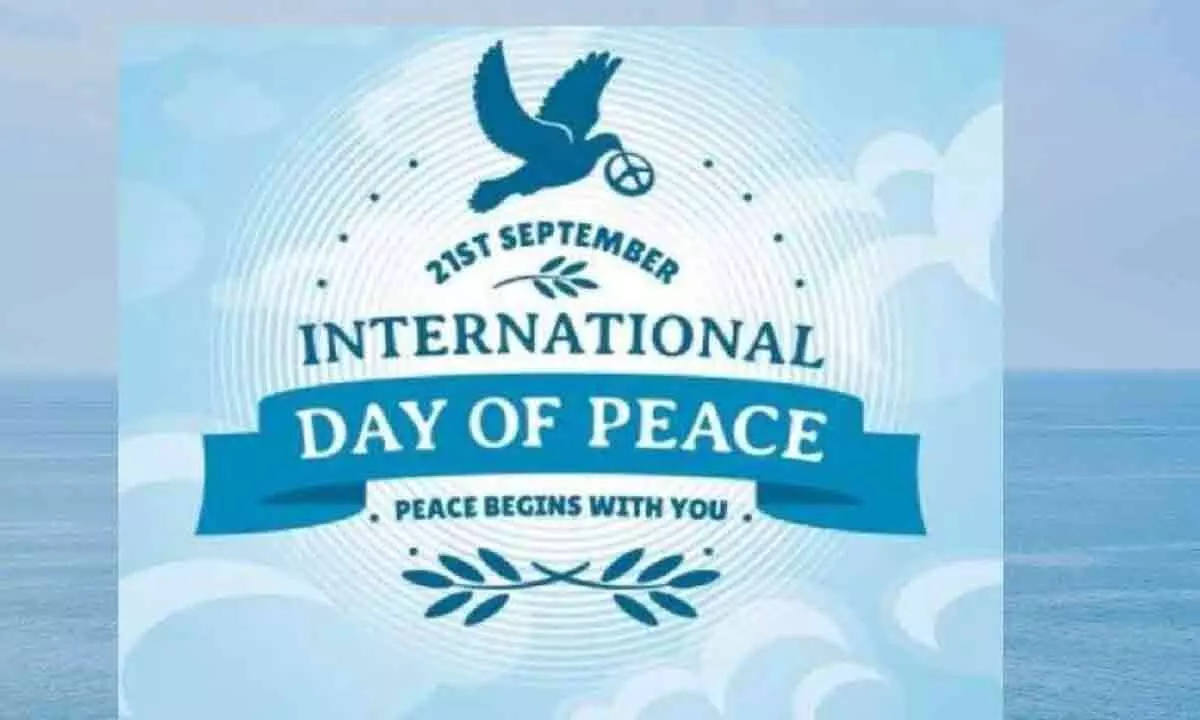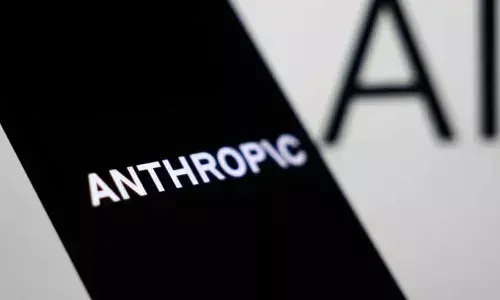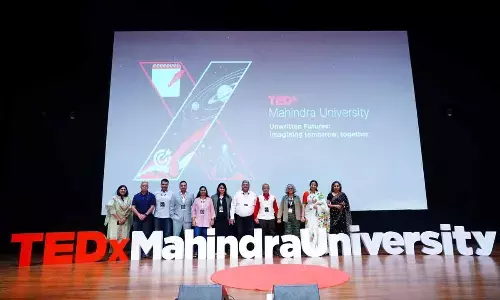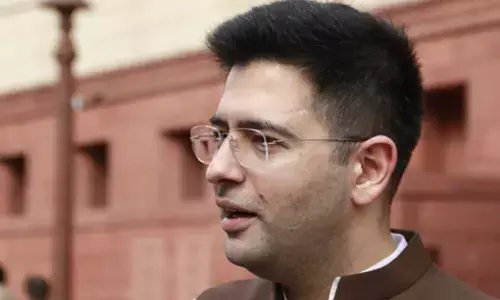International Peace Day: Where do you go from here in search for peace?

Peace is not merely the absence of conflict. While the Russia-Ukraine war wages on, the rest of the world does not seem to be enjoying peace
Peace is not merely the absence of conflict. While the Russia-Ukraine war wages on, the rest of the world does not seem to be enjoying peace. Tyranny, bigotry, hatred and corruption portray a world, which is burning. Disarmament has not seen the last of weapons of mass destruction. Communities, nations and entire regions are at conflict with one another predominantly over resources ranging from complex ones like uranium to simple ones like water. Social, economic, geographical and gender inequalities are perpetuated sometimes directly and very often, subtly. Politically and socially, peace seems to be a pipedream. But peace is an idea whose time has long arrived.
Talking of human species and its quixotic search for peace through technological advancement, one may do well to pause and introspect if peace would simply mean that we exist harmoniously with one another. To me, it seems, peace cannot be human-centric. We learnt this lesson the hard way when the Covid pandemic raged and wiped away at least a million people off the planet. Zoonotic diseases are on an upsurge and we have not seen the last of horrifying pandemics. Conflict between human and non-human species is a larger threat to peace than human-human strife. And yet, here we are, raving the earth under the delusion that the human species is intellectually the most superior.
Where do we go from here? Is a survival instinct driving us in search of life elsewhere in the galaxy? There is water on Mars, they say and there is water on the Moon. How about we first look at water on earth and conserve it? How about we start to respect the planet, each other and our co-inhabitants here? We can begin with focusing on peace education. Schools are a good place to begin. The answer lies in imparting education that teaches humility as the most important take away – not as a moral imperative but as a necessary condition for survival as a species. Tolerance for diversity and environmentalism for human survival can no longer be the objectives of education; we need to aim higher, particularly at mutual respect for all species – human and other.
The National Education Policy 2020 envisions education to strengthen social cohesion. With an implicit focus on education for peace, the policy highlights intercultural competencies and education for global citizenship. At GITAM School of Humanities and Social Sciences, we include concepts of deep ecology and peace and conflict resolution from a Gandhian perspective, within our University Core Course titled Gandhi for the 21st Century. Also, a course on Service Learning imparts a hands-on understanding of issues related to One Health on the ground, thereby effectively combining theory and praxis.
We now need to walk the talk and focus not merely on conflict resolution but also on proactive promotion of peace as a way of life. This imperative also involves peaceful coexistence with the non-human species in particular and with nature in general, owing to the fact that our survival as a species is inextricably linked with the survival of this planet to say the least. While this acknowledgment needs to be a least common denominator, literacy needs to include deep ecology as a non-negotiable value. Deep ecology as a philosophy promotes the inherent value of nature regardless of its utility to human beings, thereby driving home the point that humans are no more important than natural processes. It is now time for us to acknowledge this fact and embed this realization into our educational systems; after all, sense shines with double luster when set in humility.
(The author is Professor, GITAM School of Humanities and Social Sciences)










